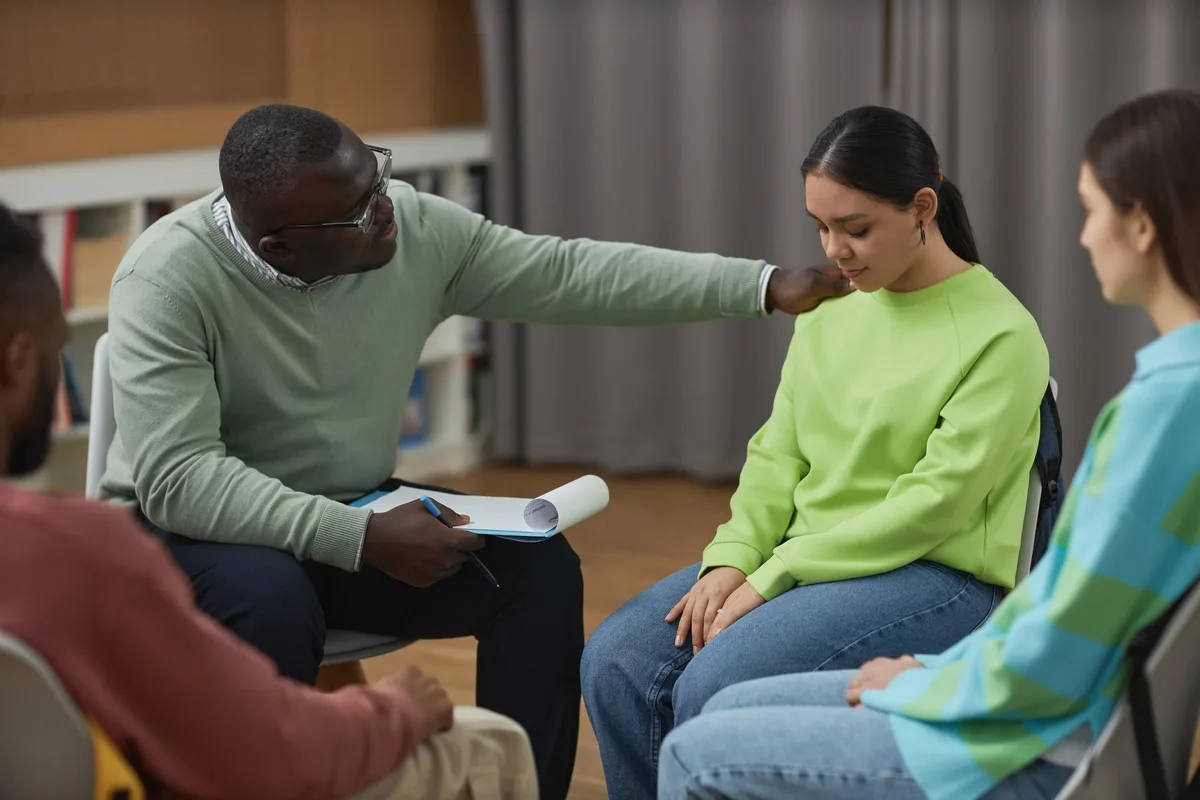24/7 Helpline:
(866) 899-111424/7 Helpline:
(866) 899-1114
Learn more about PTSD Rehab centers in Colerain
PTSD Rehab in Other Cities

Other Insurance Options

Amerigroup

EmblemHealth

MHNNet Behavioral Health

Access to Recovery (ATR) Voucher

CareFirst

GEHA

American Behavioral

UMR

UnitedHealth Group

Sutter

Optima

MVP Healthcare

PHCS Network

Horizon Healthcare Service

Oxford

Health Choice

Providence

Excellus

BHS | Behavioral Health Systems

Kaiser Permanente








Village Network – Brite Futures
Village Network – Brite Futures is a private rehab located in Saint Clairsville, Ohio. Village Netwo...

Crossroads Counseling Services
Crossroads Counseling Services offers outpatient services for individuals struggling with substance ...












































































































































































































Tri County Help Center
Tri County Help Center is a private rehab located in Saint Clairsville, Ohio. Tri County Help Center...






























































































































